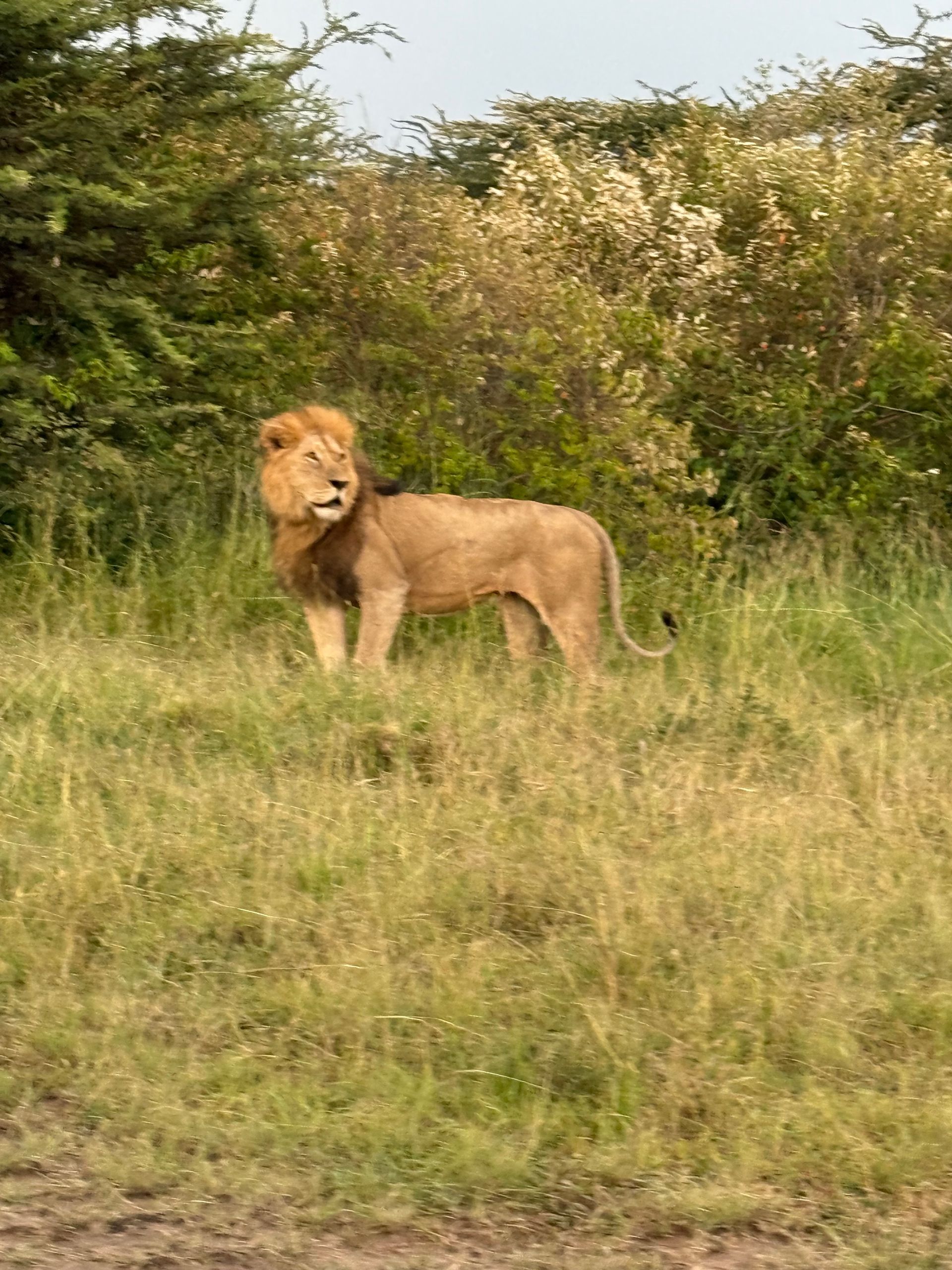
Eco-Friendly Adventures: The Key to a Sustainable Safari in Kenya
Tim • February 5, 2025
The Importance Of Sustainable Travel on Safari

Kenya is world-renowned for its breathtaking landscapes, diverse wildlife, and thrilling safari experiences. From the rolling plains of the Masai Mara to the arid beauty of Samburu and the shimmering waters of Lake Nakuru, the country offers unparalleled opportunities to witness nature at its finest. However, as tourism grows, so does the need for sustainable safari practices to protect Kenya’s natural heritage for future generations.
Preserving Wildlife and Habitats
One of the main reasons sustainability is crucial in Kenyan safaris is the conservation of wildlife and their habitats. Increased human activity, poaching, and climate change threaten iconic species like elephants, rhinos, and lions. Sustainable safaris support conservation efforts by partnering with eco-friendly lodges, funding anti-poaching initiatives, and promoting responsible wildlife interactions. Choosing ethical tour operators ensures that your safari contributes to habitat protection and biodiversity conservation.
Supporting Local Communities
A sustainable safari is not just about protecting nature; it also uplifts local communities. Many conservation programs in Kenya involve indigenous communities like the Masai and Samburu, who play a crucial role in safeguarding the environment. By staying in community-run lodges, purchasing locally made crafts, and engaging in cultural experiences, tourists help create jobs and promote fair trade, ensuring that locals benefit directly from tourism revenue.
Minimizing Environmental Impact
Traditional safari tourism can have negative effects, including pollution, habitat degradation, and excessive resource consumption. Sustainable safaris focus on minimizing waste, using renewable energy, and adopting eco-friendly travel practices. Many lodges now operate on solar power, eliminate single-use plastics, and enforce low-impact tourism principles to reduce their environmental footprint. In the country of Kenya, plastic bags have been banned since 2017, demonstrating its commitment to preserving the ocean and its nature preserves.
Promoting Ethical Tourism Practices
Sustainable safaris educate travelers on ethical tourism practices, such as respecting wildlife, keeping a safe distance from animals, and avoiding exploitative activities like elephant rides. Visitors are encouraged to adhere to responsible safari guidelines that prioritize animal welfare and natural behavior without interference.
How You Can Contribute
As a traveler, you can play a vital role in promoting sustainable safaris in Kenya. Choose eco-certified tour operators, support conservation projects, reduce plastic use, and respect local traditions and environments. Small actions, such as carrying reusable water bottles and following park regulations, contribute to a more responsible tourism experience.
Conclusion
Sustainable safaris in Kenya are essential for preserving the country’s rich natural and cultural heritage. By embracing eco-friendly practices, supporting local communities, and prioritizing ethical wildlife interactions, tourists can enjoy unforgettable safari experiences while ensuring that future generations will have the same opportunity. When planning your next Kenyan adventure, choose sustainability—it’s a journey worth taking for the planet, the people, and the wildlife.
Explorest Travel is committed to sustainability and only works with eco-friendly lodges and safari operators, ensuring minimal impact from your adventure. Book your eco-friendly safari today with Explorest Travel.
#sustainability #eco-friendlysafaris #localcommunities #ethicalsafari










